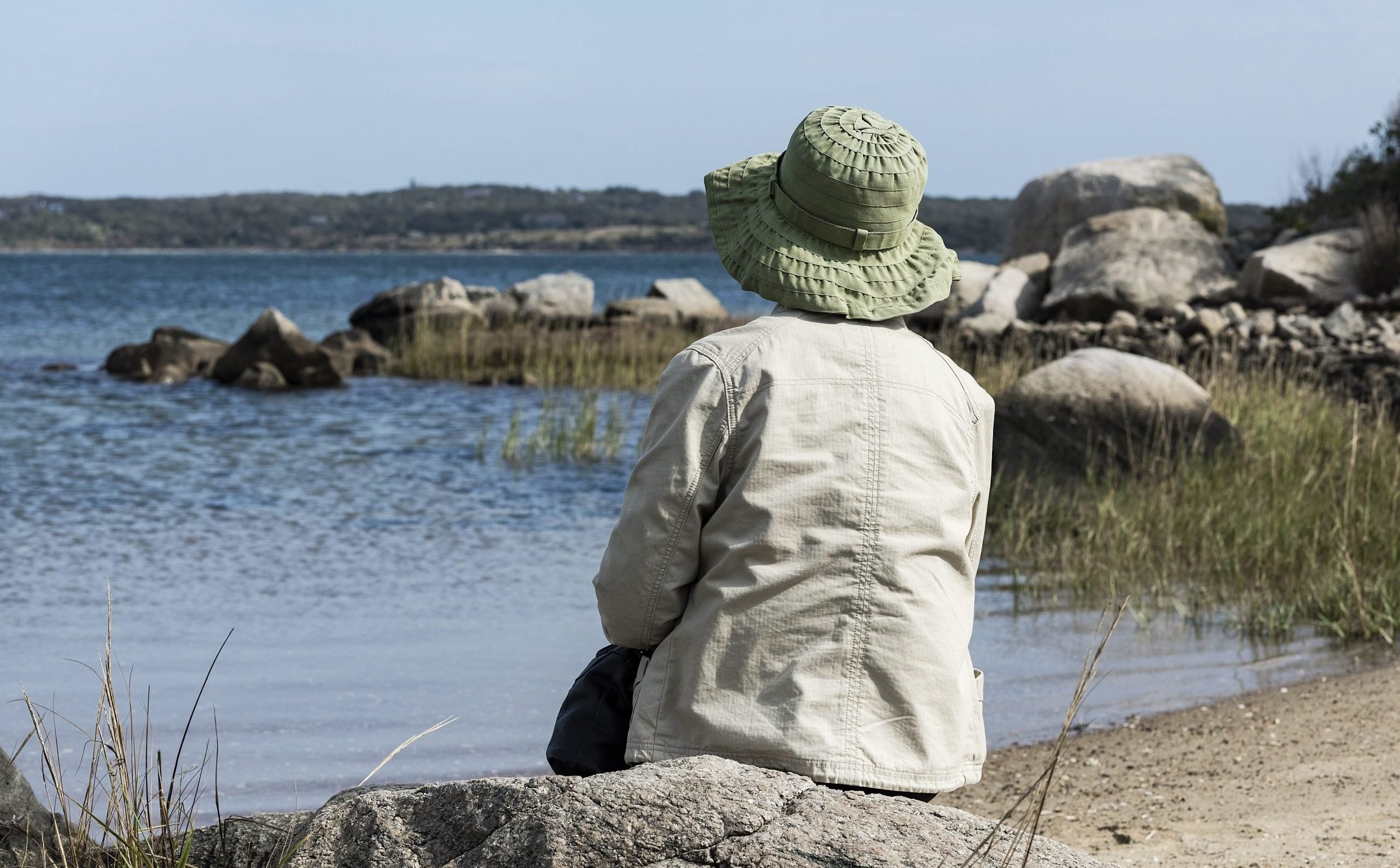Learning About Brain Tumors
- Tara Simpson, 49, is living with “a ticking time bomb” in her head. She has a brain tumor that is expected to grow, and, when it does, it will require chemo and radiation.
- But instead of dwelling on it, she uses humor to cope. Her whole family calls her brain tumor Voldemort after the Harry Potter villain.
- Brain tumors, whether they are cancerous or not, can be very dangerous.
- According to the Mayo Clinic, general signs and symptoms of brain tumors can include: headaches or the feeling of pressure in the head; nausea; vomiting; eye issues like blurry vision, and more.
- Humor can be a powerful tool during a cancer battle. One breast cancer survivor told us how helpful it was to write a "dramedy" while she was on bed rest after breast reconstruction.
Simpson was diagnosed with a brain tumor at 36 after suffering from a seizure while kayaking with friends. Because it is located too close to the motor skills area of her brain, she’s unable to have a biopsy. So it’s unclear exactly what kind of brain tumor she has.
Read MoreBut, in the meantime, she likes to joke about it with a reference to the infamous villain of the “Harry Potter” world.
“Now my family and I call it Voldemort, as in he-who-must-not-be-named,” she said. “I know it’s a battle I’m going to have to face at some point, but I’m such a happy-go-lucky person that I prefer not to dwell on the what ifs.”
Voldemort is the famous villain from the Harry Potter book and movie series – the main character’s ultimate nemesis.
“I’d rather joke about it and take each day as it comes.”
Her positive outlook on life is inspiring to say the least. But her reason for carrying on in such a lighthearted way stems from heartbreaking loss. Her youngest son died of complications from meningitis when he was 10. And all throughout his health struggles, he kept his head up.
“He was always smiling, despite his problems, and that inspires me to stay positive and keep going,” she said. “I get ‘scanxiety’ ahead of my annual check-ups, but I always stay hopeful.”
What Is A Brain Tumor?
Developing a brain tumor is not a common occurrence. According to the American Society of Clinical Oncology, a person's likelihood of developing a cancerous tumor that starts in the brain or spinal cord during their lifetime is less than 1%.
Can Cell Phones & 5G Cause Cancer? A Leading Brain Cancer Doctor Says "No"
But people should still be aware of them and look out for potential symptoms because a brain tumor whether it’s cancerous or not can be very dangerous. Johns Hopkins Medicine says noncancerous (benign) brain tumors can be dangerous because they “can put pressure on healthy parts of the brain or spread into those areas” or become cancerous.
Brain tumors can also cause issues if they block the flow of fluid around the brain leading to increased pressure in the skull.
According to the Mayo Clinic, general signs and symptoms of brain tumors include:
- Headaches or the feeling of pressure in the head. Headaches are the most common symptom of brain tumors.
- Nausea.
- Vomiting.
- Eye issues like blurry vision, double vision or loss of sight on the sides of your vision.
- Loss of feeling or movement in a leg or arm.
- Balance issues.
- Speech issues.
- Fatigue.
- Confusion.
- Memory issues.
- Issues following simple instructions.
- Shifts in personality or behavior.
- Seizures.
- Hearing issues.
- Dizziness or vertigo.
- An increase in appetite and weight gain.
If you ever notice any concerning or unusual changes to your health, swiftly talk to your doctor. And if you don't feel like your concerns are being properly addressed, don't hesitate to seek out multiple opinions.
Turning to Humor During a Cancer Journey
Humor can be a powerful tool when dealing with a cancer journey, and, for some people, it comes quite naturally. Especially stand-up comedian Jenny Saldana.
Jenny Saldana Found Humor in Her Cancer Journey, And Turned it into a "Dramedy"
“I used to joke that, if it wasn’t for cancer, I’d be a horrible stand-up because my parents love me,” she said. “So if it wasn’t for cancer I’d suck at comedy.”
Saldana was diagnosed with breast cancer on January 4, 2006, at age 34. And she struggled with the idea of seeing herself as someone with cancer.
Leaning into her talent for wit, Saldana wrote a play about her cancer experience while on bed rest for about six weeks following breast reconstruction. The end result was a story that touched many people when she toured it across the United States.
“The play is actually a dramedy,” she said. “There are a lot of funny moments in it.
“But it’s about the struggle of finding your new normal, when you go through something like this.”
Saldana saw how much her vulnerability impacted those she shared her story with. That’s why she encourages other survivors to share their experience in whatever way suits them.
“Please tell your story,” she said. “Even as little as you may want to share, tell your story.
“You will help someone.”
Learn more about SurvivorNet's rigorous medical review process.


